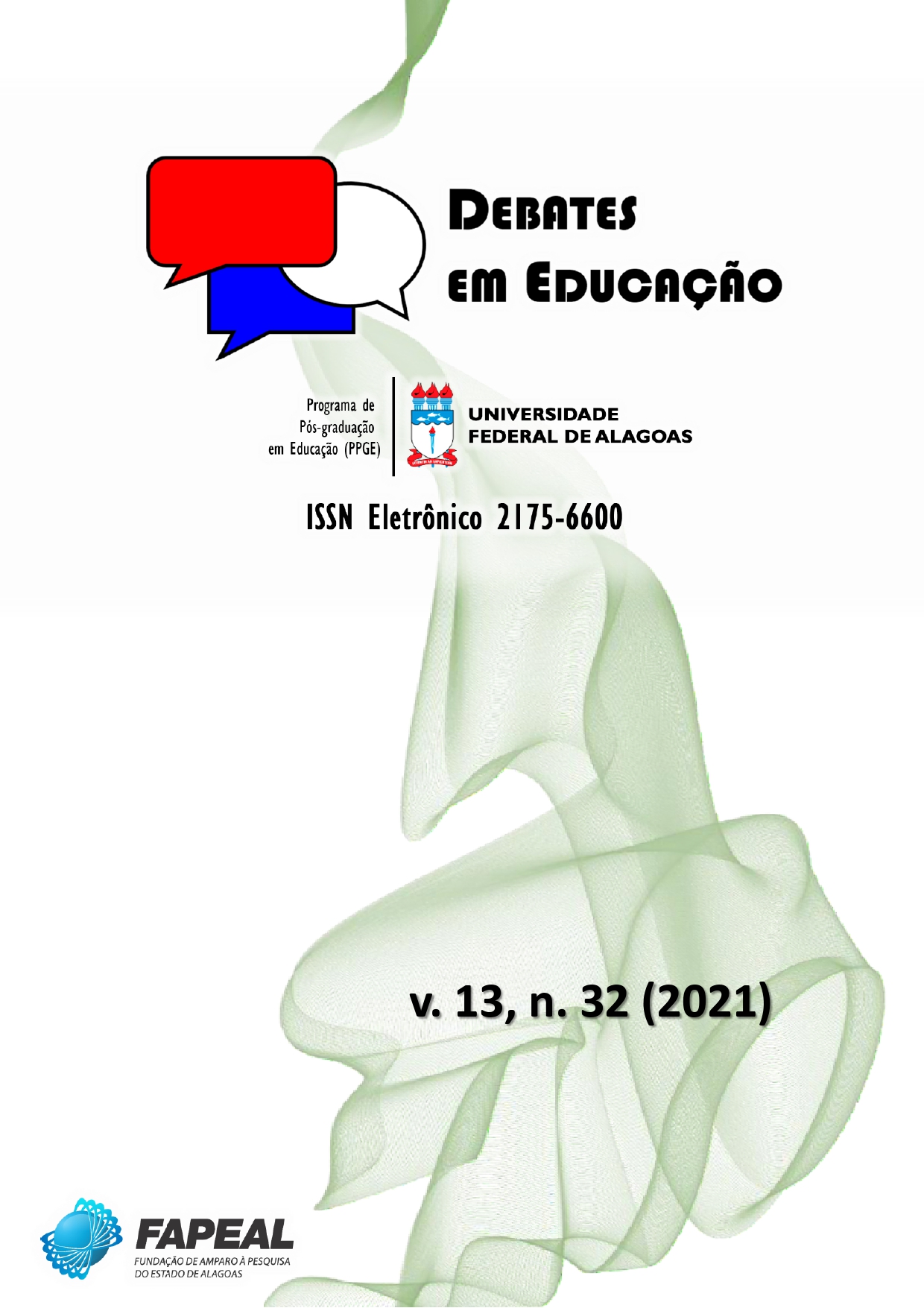The ethical dimension of the curriculum
what do we learn from the old people?
DOI:
https://doi.org/10.28998/2175-6600.2021v13n32p95-127Keywords:
Curriculum, Paidéia, PhronesisAbstract
This article aims to rescue classical notions of ancient philosophy in the field of curriculum. Among these notions we highlight the concepts of: ethics, community, humanism and nature. Thus, we consider that such notions only make sense when thought of the ideal of Greek Paidéia (JAEGER,1994). For this reason, we recover passages from Plato’s Republic and of the Aristotle’s Ethics. Through these passages, using a comparative analysis, we understand the difference between the know-how of the first in detriment to the know-how of the second. In this sense, ethics, with Aristotle, receives a pedagogical component, the intellectual virtue known as phronesis (prudence). Thus, with prudence and clarity of the political ethical condition, we can overcome contemporary moralization.
Downloads
References
ARISTÓTELES. Ética a Nicômaco. Tradução Edson Bini. Bauru, SP: EDIPRO, 2002.
DELEUZE, Gilles; GUATTARI, Félix. O que é a filosofia? Tradução Bento Prado Jr. E Alberto Alonso Muñoz. Rio de Janeiro: Ed. 34, 1992.
GOERGEN, Pedro. Pós-modernidade, ética e educação. 2 ed. Campinas, SP: Autores Associados, 2005.
JAEGER, Werner. Paidéia: a formação do homem grego. Tradução Artur M. Parreira. 3ed. São Paulo: Martins Fontes, 1994.
PAVIANI, Jayme. As origens da ética em Platão. Petrópolis, RJ: Vozes, 2013.
PLATÃO. A República. Tradução Pietro Nassetti. São Paulo: Martin Claret, 2001.
SILVA, Tomaz Tadeu da. O currículo como fetiche: a poética e a política do texto curricular. Belo Horizonte: Autêntica Editora, 2010.
VERGNIÈRES, Solange. Ética e política em Aristóteles. Tradução Constança Marcondes Cesar. São Paulo: Paulus, 1998 (Ensaios filosóficos).
Downloads
Published
How to Cite
Issue
Section
License
Copyright (c) 2021 Debates em Educação

This work is licensed under a Creative Commons Attribution-NonCommercial-NoDerivatives 4.0 International License.
Neste tipo de licença é permitido Compartilhar (copiar e redistribuir o material em qualquer suporte ou formato) e Adaptar (remixar, transformar, e criar a partir do material). Deverá ser dado o crédito apropriado , prover um link para a licença e indicar se mudanças foram feitas . O conteúdo não pdoerá ser utilizado para fins comerciais .
Atribuição-NãoComercial 4.0 Internacional Creative Commons Attribution 4.0 (CC BY-NC 4.0).

